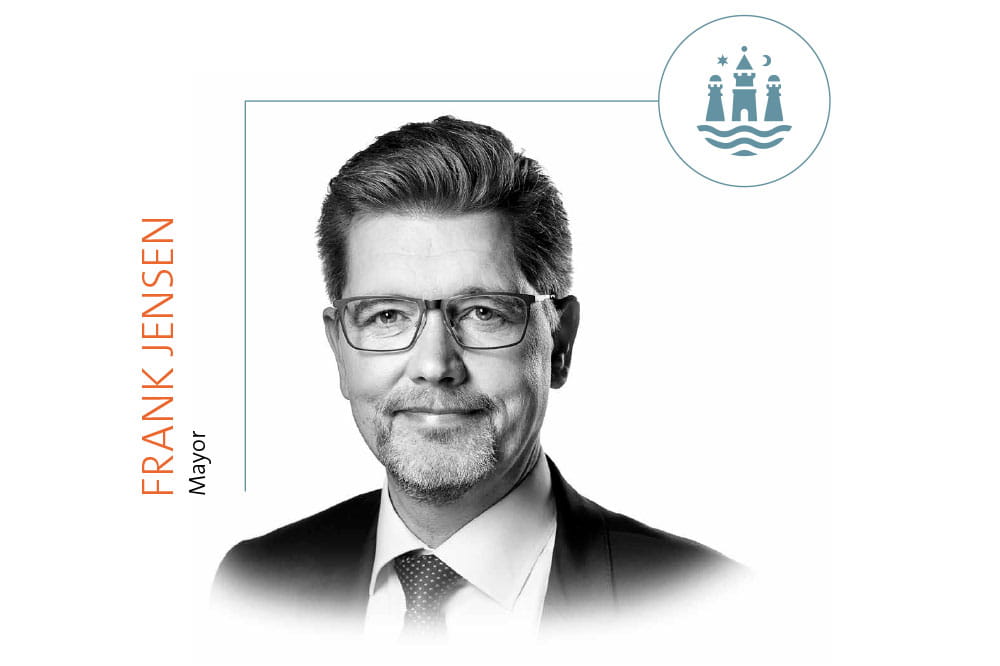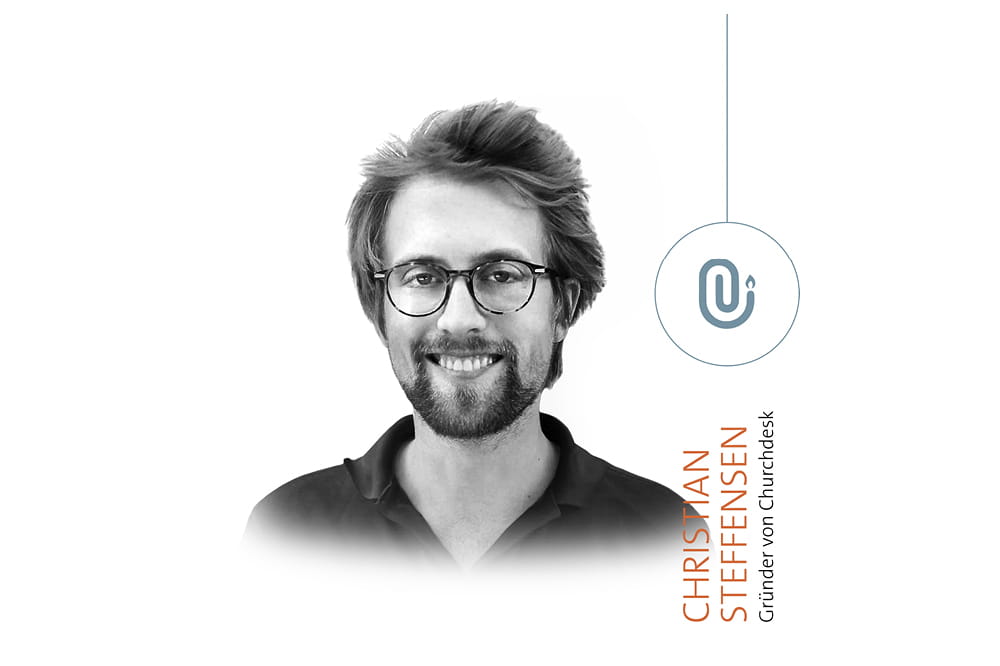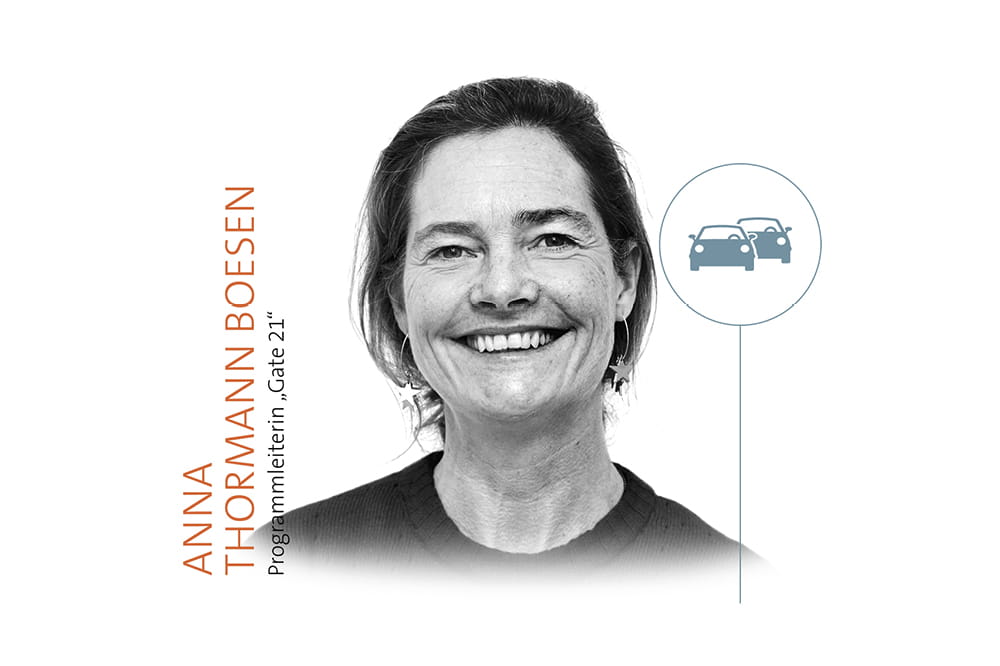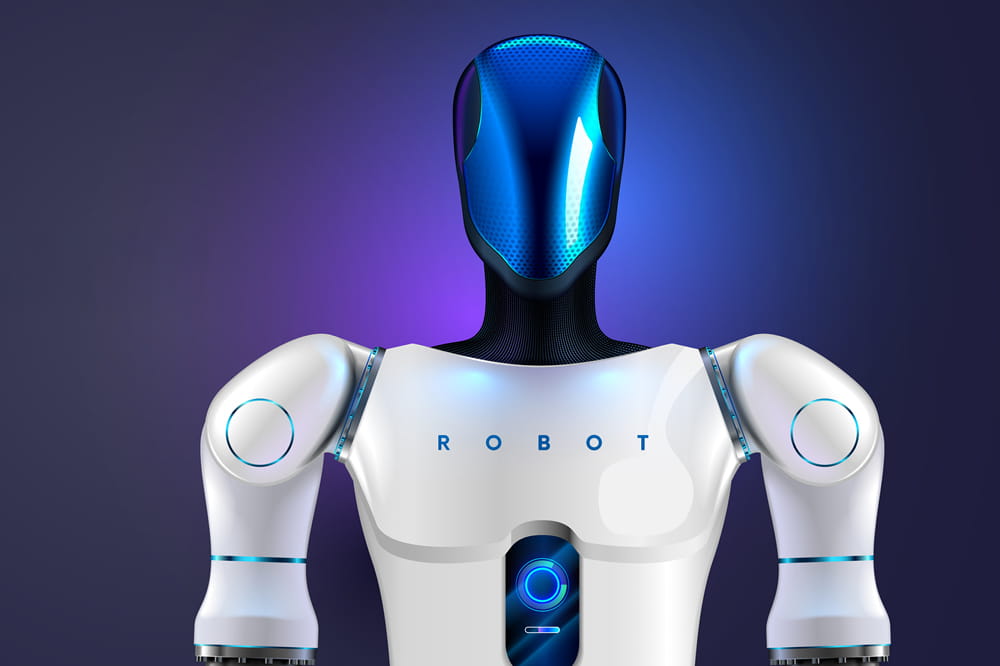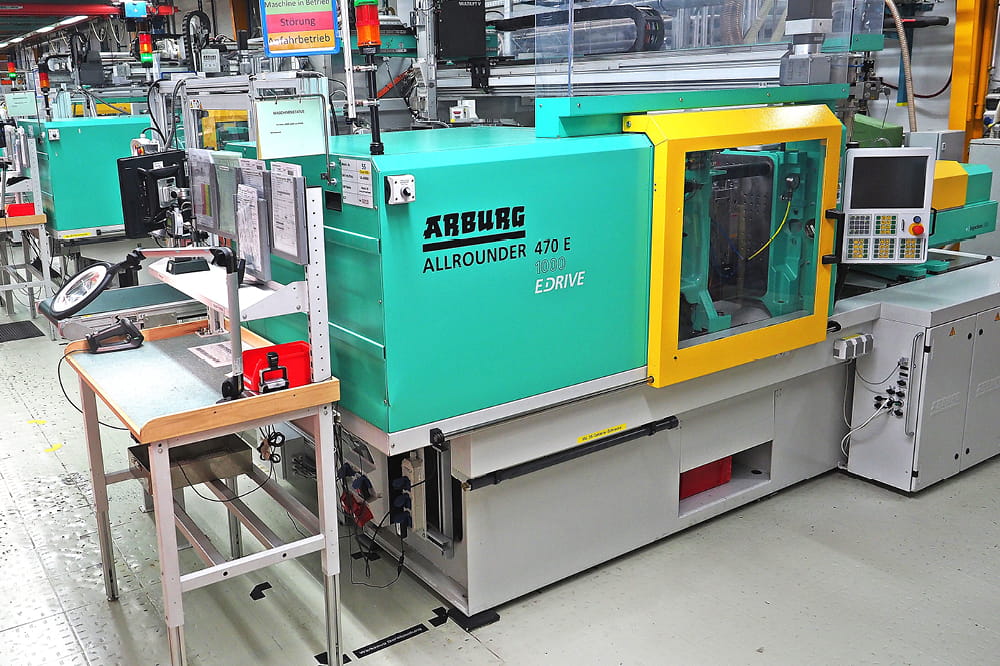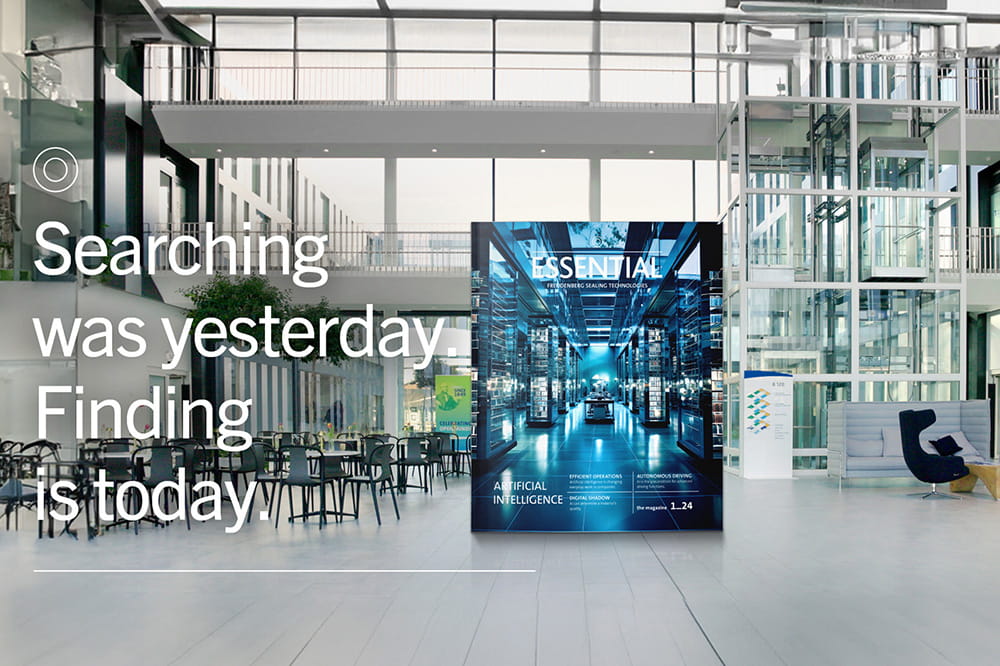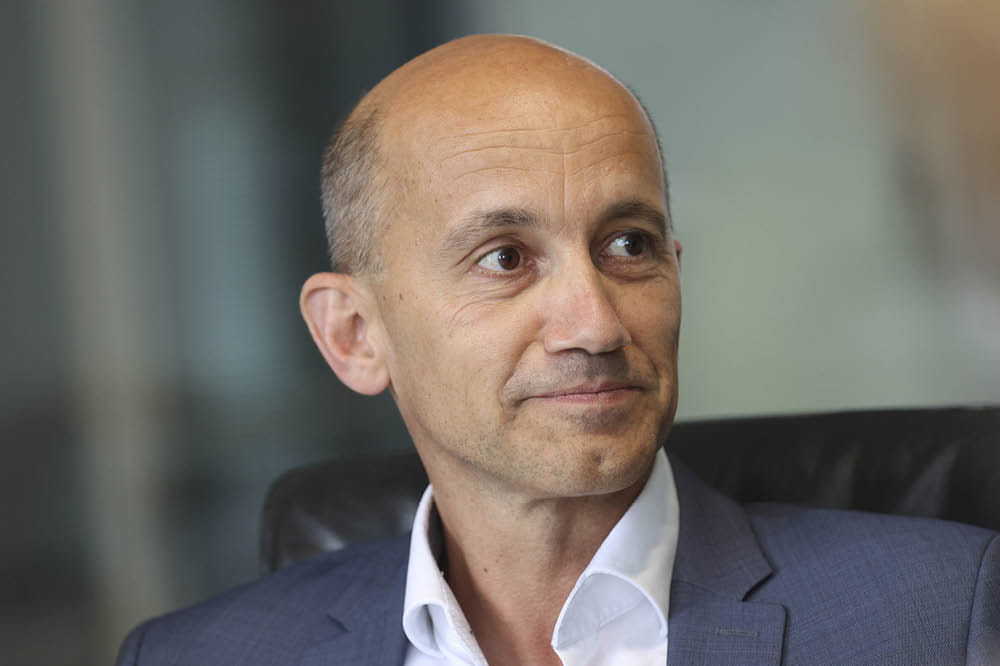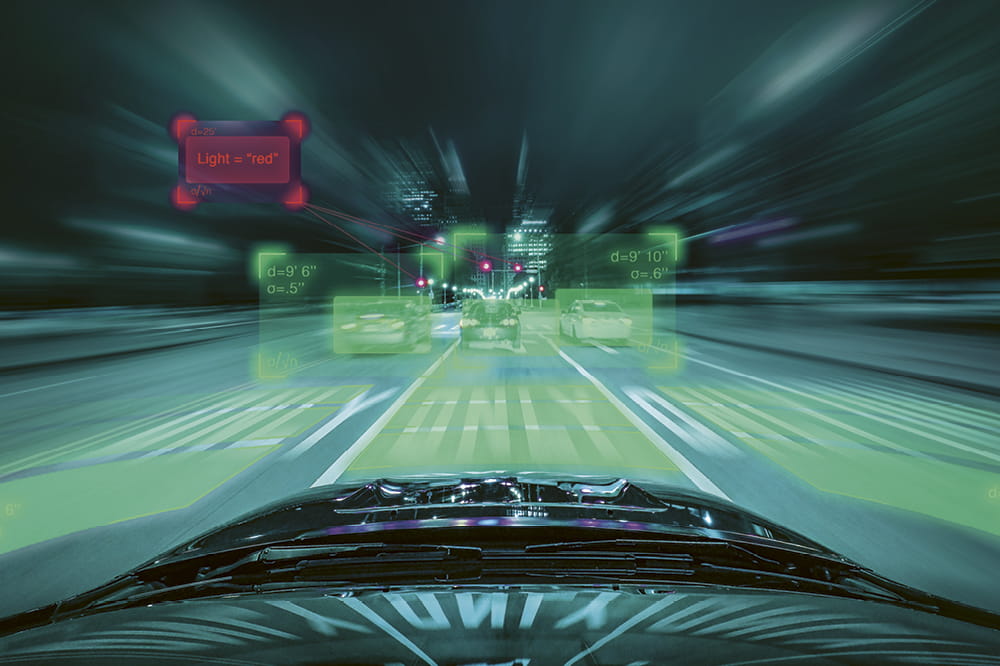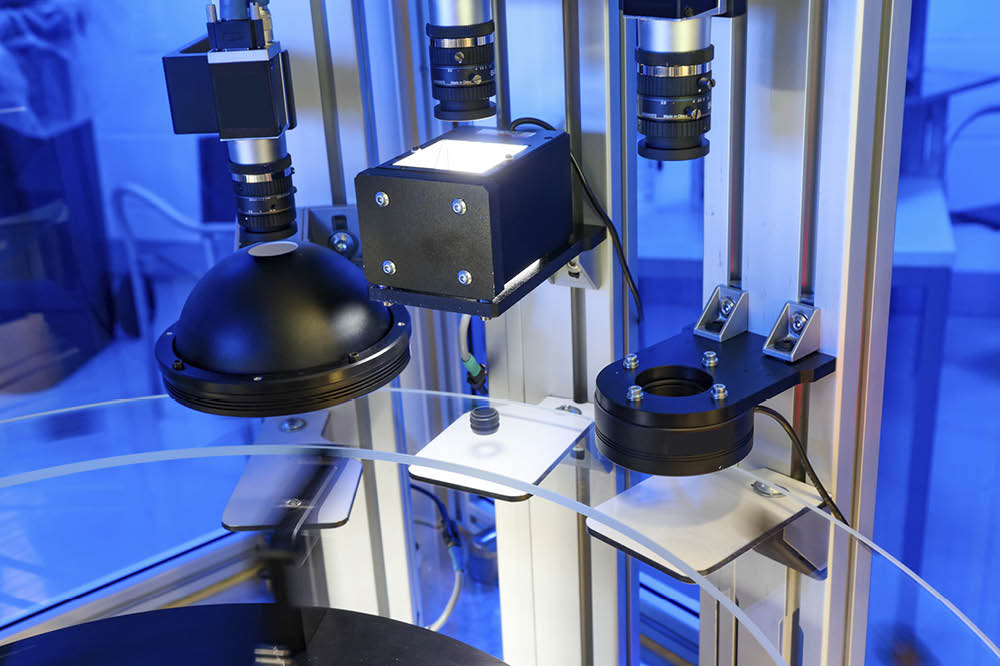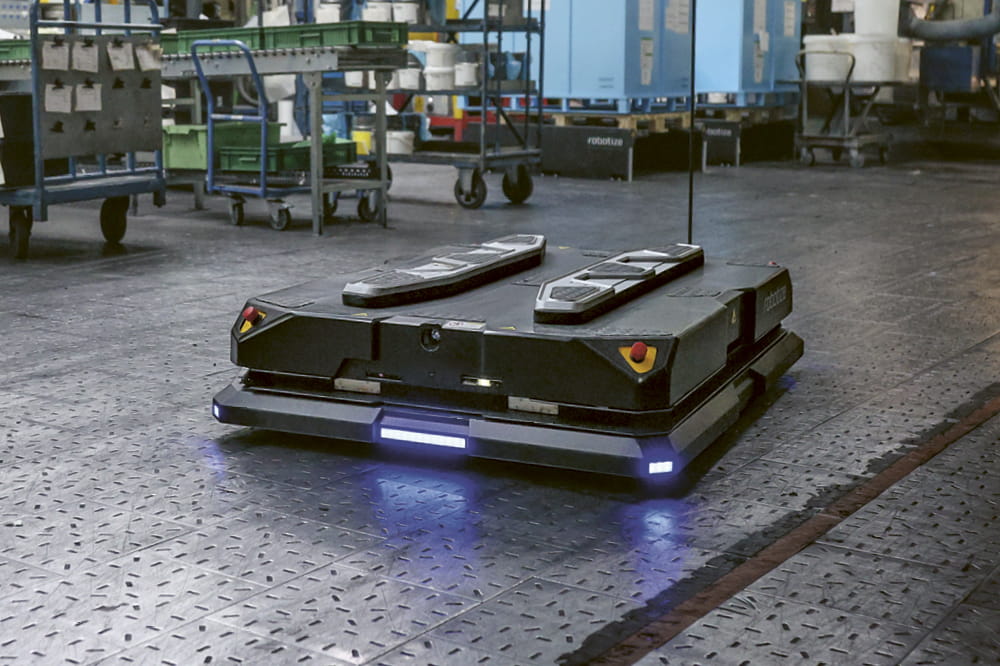Obtain news and background information about sealing technology, get in touch with innovative products – subscribe to the free e-mail newsletter.
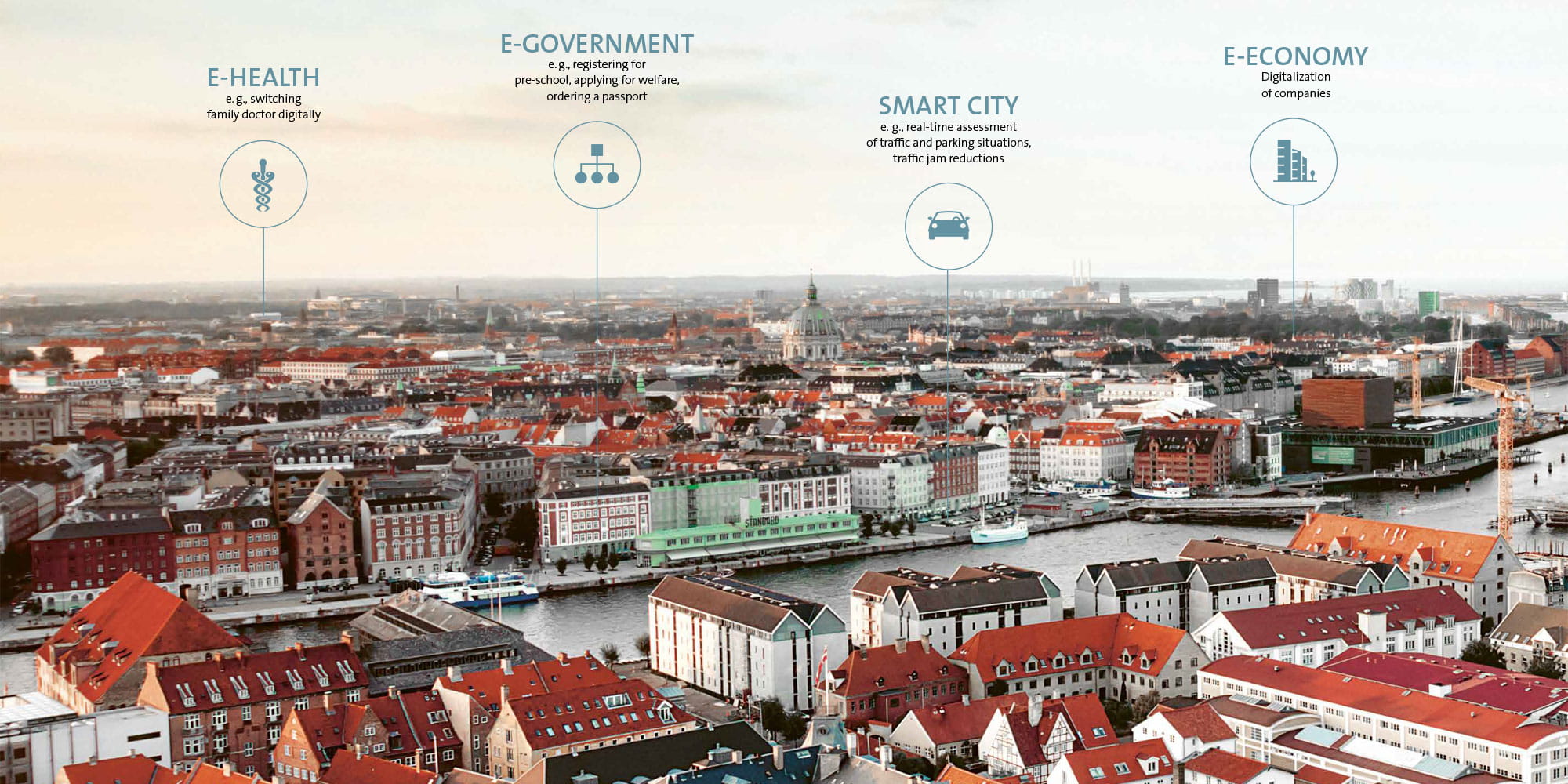
30.07.2019 | Story
More Than Hygge
Denmark has held the top spot on the EU’s digital ranking for years. This is most evident in Copenhagen, the country’s capital. Digitalization at companies and in public administration is highly advanced, and many startups have emerged. Here three of Copenhagen’s digital pioneers describe their daily lives, which involve far more than “hygge,” the quintessentially Danish sense of comfort and coziness.
In 2015, the Danes were in first place in the rankings of the 28 EU states, just ahead of Sweden, and they continued to lead in 2016 and 2017. And they were acclaimed the victors again in 2018. In the EU’s official digital ranking, the “Digital Economy and Society Index” (DESI), the Danes have held the high ground for years. The index compares key parameters that indicate the degree of digitalization in individual EU member states: the connectivity within the countries, the digital skill sets and their use by the population, the digitalization within companies, and the range of digital services in public administration. Denmark seems to have locked in the top spot. This is especially clear in the country’s capital, Copenhagen. Whether you want to register a change of address, apply for social services or report a pothole to the public works department, each action takes place digitally – over the Internet. And fast Internet is widely available in rural as well as urban areas.
A Mayor with a Digital City Hall
When a city is a role model in a certain area, its status almost always has something to do with politics. In Copenhagen, it is, above all, social democratic politics. Frank Jensen is the ninth mayor in a row from the Social Democratic Party. “Smart” – with all of its positive as well as negative connotations – is arguably the right word to describe Jensen. He is in his late 50s and comes from North Jutland, Denmark’s northern mainland. He has carved out solid careers in politics and business as few other Social Democrats have. Given his life story, it is no surprise that he earned a reputation as a move- and-shaker during the nearly ten years he has spent running Denmark’s capital – and less so as a visionary who gave fiery or intellectual speeches. Jensen, an economist, long held a seat in the Danish Parliament before he became the director of a telephone company and later an attorney association. Voters in Copenhagen elected him mayor in 2010. His objective: “I want to work hard to make sure that Copenhagen will continue to be the best city in the world.” Digitalization is expected to give citizens a clearer picture of their rights and duties – and to put them at ease about them. The city’s Internet-based public administration, also known as “E-Government,” is a high priority there as well as in other Danish communities. The most used “digital self-services” fall into a number of categories: waste management, switching to another family doctor, ordering a passport, registering for nursery school, and applying for social aid. The goal is always to make life in the city more pleasant. One of the highly practical services is a text message subscription that provides information on which waste will be collected the following day. In most inner courtyards, various barrels are available for domestic trash, bio waste, plastic and electrical scrap, and it is easy to confuse them. Jensen seems to have realized that you have to deal with the details to make a town the “best city in the world.”
Whether the topic is choir practice, funerals or marriages, there are many appointments that the congregations have to plan.
Christian Steffensen, Churchdesk
Pastor’s Son with Digital Ambitions
It’s safe to assume that churches are rarely considered the main target group of a startup, but Christian Steffensen has specialized in precisely this type of customer. When he founded his company, Churchdesk, he was in his mid-20s. Churchdesk helps congregations in Denmark, the United Kingdom and Germany organize their work and communication with their members. Steffensen seems to be the perfect entrepreneur for this. He originally wanted to be a pastor like his mother. “But the theological studies I would have needed held me back,” he said as he sat at a long dining table at Churchdesk’s office in Copenhagen. “I went to the Copenhagen Business School instead. I had always been interested in the way organizations might be changed with the use of software. I wanted to combine this with my interest in the church.” Steffensen’s office space doesn’t much look like a place of worship. The visitor sees the usual startup atmosphere, complete with work islands and the inevitable foosball tables. The congregations can use Churchdesk to manage their members’ data, invite them to services and concerts by email, organize internal communication, and plan for their staffing needs. “Whether the topic is choir practice, funerals or marriages, there are many appointments with full-time and voluntary staff that the congregations have to plan,” Steffensen said. “Even today, churches are the organizations with the highest membership. But the fact that many members are passive is a challenge.” Steffensen wants to use the software to help activate them. Churchdesk has offices in London and Berlin in addition to Copenhagen. Steffensen often visits Germany and is aware of national differences. “Data security is more important in Germany,” he said, so Churchdesk stores all the data on servers in that country. In general, German churches do not use the Internet as extensively as those in Denmark. Many German newsletters are still printed even though there is an online version. The reason could be that Germany has to deal with challenges that Denmark no longer face. “Unlike the situation in our country, there is often no fast Internet in the German countryside,” Steffensen said.
Technology and the fact that we Danes like to use it make it possible to optimize the traffic flow.
Anna Thormann Boesens, Gate21
The Woman Who Tackles Traffic Jams by App
Anna Thormann Boesen’s work would be much more difficult if so many Danes were not as fond of technology as they are. “It’s funny – I used the GPS function on my smartphone and looked on the map to get here in my electric car, even though I was very well aware of the way here,” she said in an interview in a restaurant in Copenhagen’s Islandsbrygge neighborhood. As the Danes put it, Thormann Boesen is “can tec soc,” meaning that she studied social sciences with a technological orientation. Today she is the program manager for sustainable mobility at “Gate 21,” a company owned by municipalities and commercial firms that want to make growth more sustainable. This includes making transportation more environmentally friendly and efficient. For example, the city has the somewhat old, yet still important Glostrup train station, along with an adjacent roundabout, on its west side. They are both bottlenecks because the people who work in the area and live in the inner city all drive by at about the same time. The traffic streams are measured at Glostrup, and the path of everyone carrying a mobile telephone is recorded. “This naturally happens anonymously. It makes it possible to calculate when certain points such as the roundabout will be overloaded,” Thormann Boesen said. Other commuters then receive a simple notification via an app: whether you are in the office or at home, stay a little longer where you are – because if you leave, you won’t get to your destination any faster than if you were to wait another fifteen minutes. “Technology and the fact that we Danes like to use it make it possible to optimize the traffic flow,” Thormann Boesen said. “It works – without constantly building more or wider roads.”
More news on the subject Robotics

Join Us!
Experience Freudenberg Sealing Technologies, its products and service offerings in text and videos, network with colleagues and stakeholders, and make valuable business contacts.
Connect on LinkedIn! open_in_new